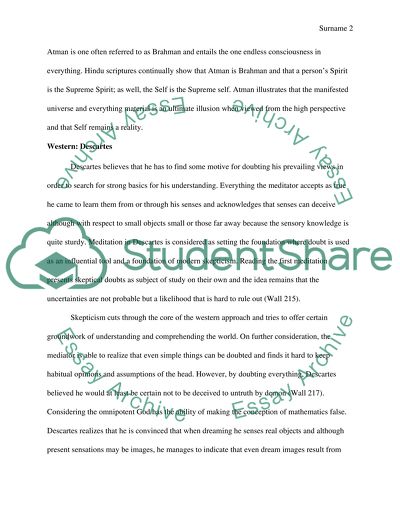Cite this document
(“Descartes and hinduism Essay Example | Topics and Well Written Essays - 2250 words”, n.d.)
Descartes and hinduism Essay Example | Topics and Well Written Essays - 2250 words. Retrieved from https://studentshare.org/philosophy/1490802-descartes-and-hinduism
Descartes and hinduism Essay Example | Topics and Well Written Essays - 2250 words. Retrieved from https://studentshare.org/philosophy/1490802-descartes-and-hinduism
(Descartes and Hinduism Essay Example | Topics and Well Written Essays - 2250 Words)
Descartes and Hinduism Essay Example | Topics and Well Written Essays - 2250 Words. https://studentshare.org/philosophy/1490802-descartes-and-hinduism.
Descartes and Hinduism Essay Example | Topics and Well Written Essays - 2250 Words. https://studentshare.org/philosophy/1490802-descartes-and-hinduism.
“Descartes and Hinduism Essay Example | Topics and Well Written Essays - 2250 Words”, n.d. https://studentshare.org/philosophy/1490802-descartes-and-hinduism.


